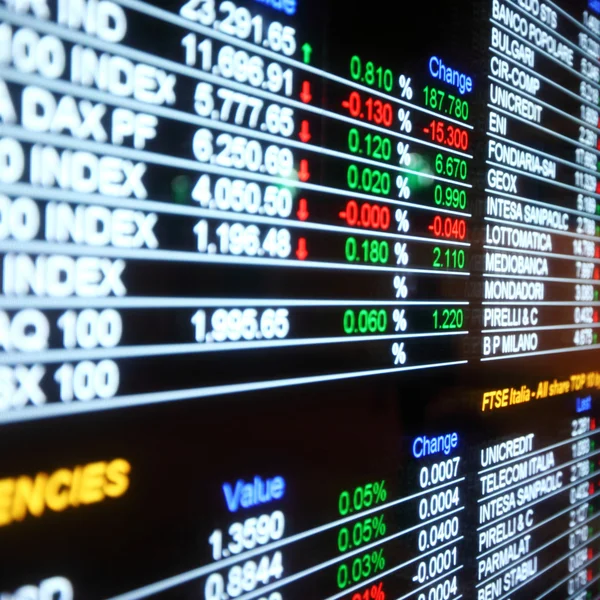Asian stocks rise, as Warren Buffett stakes aid the Nikkei. On Tuesday, many Asian stock markets rose on central banks’ easing mood as the sentiment lifted and central banks became less aggressive.
Asian stock markets rise amid still hawkish central banks
The majority of Asian stock markets rose as mood increased in response to less harsh central bank signals as well as boosting economic measures. Japan’s Nikkei rising the highest due to remarks by Warren Buffett of Berkshire Hathaway (NYSE: BRKa).
The shares of the five largest trading companies in the nation gained between 2% and 3%. Adding to the Nikkei 225 index’s 1.3% gain. Buffett told the Nikkei Asia Daily that Berkshire had raised its interest in the companies.
Buffett said that he planned to increase his holdings of Japanese stocks. On wagers that the BoJ would maintain its loose fiscal stance for longer. The Nikkei 225 has slightly outperformed its regional counterparts this year.
Asian stock markets helped by KOPSI and ASX – Watching Fed
The KOSPI in South Korea rose 1.3% as the Bank of Korea left interest rates unchanged for a second straight month. And other Asian markets also rose. The bank has stopped raising rates on the basis that inflation had reached its peak.
Data revealed that consumer confidence rose far more than anticipated in early April when the Reserve Bank stopped its rate rise cycle. This helped boost Australia’s ASX 200 index by 1.3%.
The advances assisted in boosting Asian markets ahead of more economic indications from inflation data anticipated on Wednesday. On the same day, the Fed’s meeting minutes from March are also forthcoming. These minutes are anticipated to offer more hints about the direction of the Fed’s monetary policy.
Investors find the latest NFP report confusing
Although the U.S. nonfarm payrolls report came in lower than anticipated, it nevertheless showed some resilience in the U.S. labor market, giving the Fed flexibility to continue hiking rates even if it was below expectations.
The Shanghai Shenzhen CSI 300 and Shanghai Composite indices fell 0.3% and 0.4%, to be exact, Making Chinese equities one of the day’s exceptions. Statistics revealed that, despite poor local demand and declining manufacturing activity. Chinese consumer inflation increased less than anticipated in March. In contrast, producer price inflation continued to decline.
Given that the data points to a sluggish economic recovery in China. Hong Kong’s Hang Seng index likewise underperformed its regional rivals.









